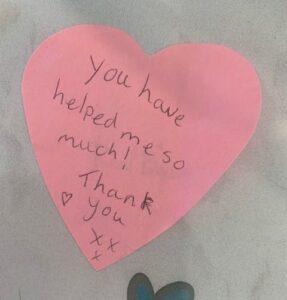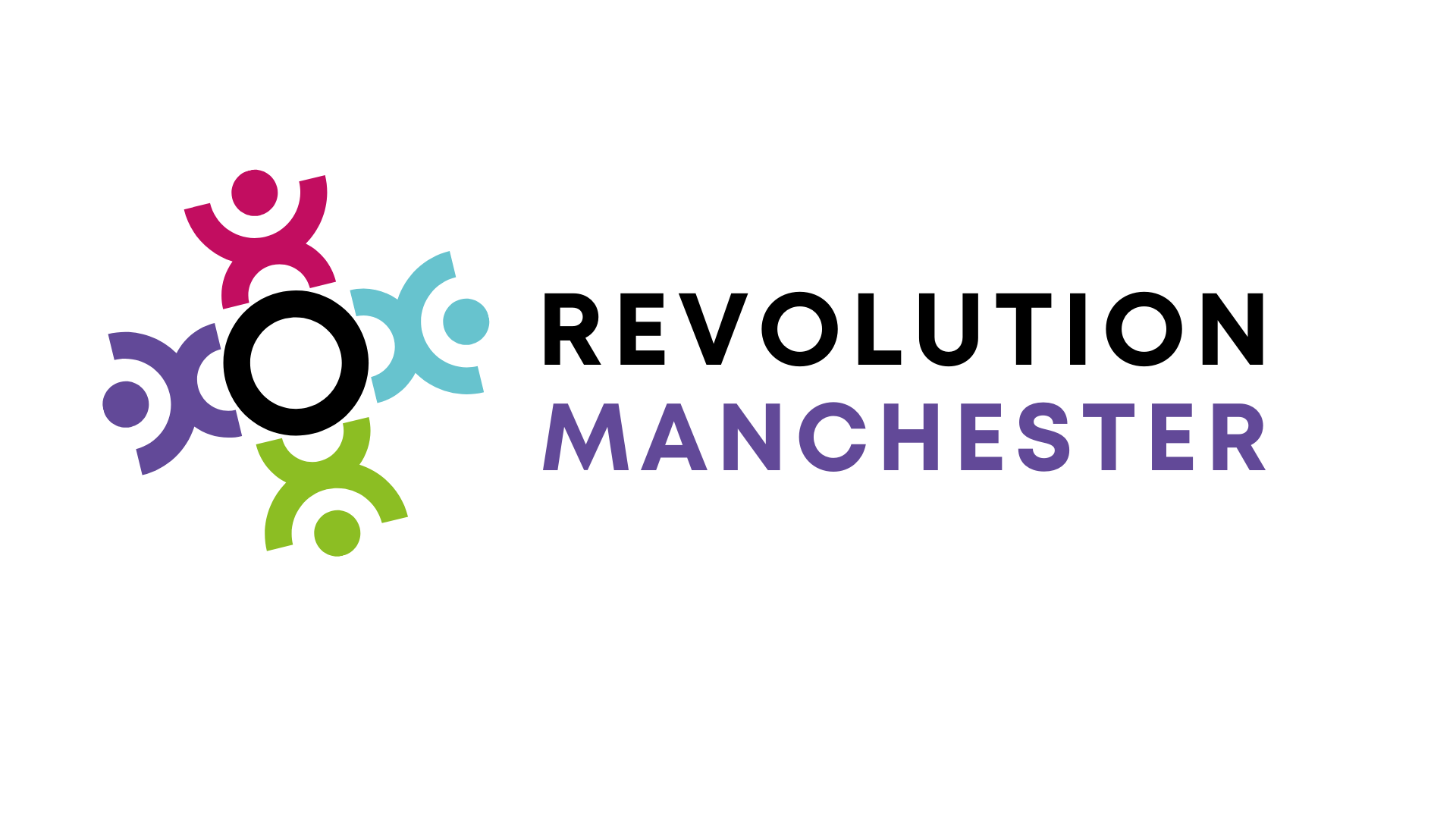Do you ever feel overwhelmed by all the things you need to get done? Is your ‘to-do’ list never-ending, as you juggle the demands of daily life and the needs of others? We often feel burdened by the enormity of difficulties facing our loved ones, our community, and the events happening in the wider world. This can often leave us wondering – how can we make a difference when the need is so great?
Yet, sometimes the biggest impact can be made by the smallest act.
There is a story, adapted from ‘The Star Thrower’ by Loren Eiseley, that illustrates powerfully how each one of us CAN make a difference. It tells of an old man seeing a young boy throwing starfish back into the ocean and asking him what he’s doing –
The young boy paused, looked up, and replied “Throwing starfish into the ocean. The tide has washed them up onto the beach and they can’t return to the sea by themselves.”
The old man replied, “But there must be tens of thousands of starfish on this beach. I’m afraid you won’t really be able to make much of a difference.”
The boy bent down, picked up yet another starfish, and threw it as far as he could into the ocean. Then he turned, smiled, and said, “It made a difference to that one!”
At Grace Foundation, we are passionate about reaching as many young people as we can – supporting them to make healthy choices, build positive relationships and grow in confidence. This happens in a range of ways, including whole class lessons, delivered to a full year group on our drop-down days.
Yet we also know the difference that our 1:1 mentoring sessions and small group interventions make, in responding to the needs of individuals. There is something uniquely impactful about our intervention groups, where we can see change and development over the sessions. These provide a safe space, help pupils challenge perceptions, and are a place where we empower them to make changes and be champions for change, amongst their peers.
A Safe Space with Common Ground
“This course has meant a lot and shown me that I am worth more than I believe.”; “This course helped me be happier with myself” – Year 7 pupils GAS – Miss Understood Course, Grace Academy Solihull
Our small group courses focus on specific needs, with groups of no more than ten pupils having the chance to take part. With Year 7 and 8 pupils, we cover topics including self-esteem, body image, friendship and emotions, social media, and building healthy relationships. We also run intervention courses for Year 9 and 10 pupils, delivered by our Building Healthy Relationships Team, that focus on topics including contraception and STIs, recognizing toxic behaviours, and helping pupils who may be at risk of grooming or Child Sexual Exploitation.
Small groups provide an informal space, where pupils can find connections with others who are facing similar issues. They explore themes together through a fun, interactive course, with paired or whole group activities, and the chance to learn, ask questions and grow in confidence as individuals. Clear ground rules create a safe, supportive place where pupils can feel comfortable to share, knowing they have an equal voice and are given respect and encouragement.
Challenging Perceptions
“This course has really helped me a lot with confidence and my body image.” – Year 8 pupil – Miss Understood Course, Grace Academy Coventry
During our intervention courses we encourage pupils to challenge perceptions – not only those seen in the media but how they view themselves. This helps to grow self-esteem, as we discuss body image and positive ideas of ‘beauty’ or masculinity. Pupils identify changes in the way they view themselves and others in their feedback responses, as a result of being part of one of our intervention groups – powerful stories of impact, in their own words.
Seeing Change
“This course has made me realize that we are all amazing and beautiful who we are.” ; “It has meant a lot to me and made me feel good about myself.” – Year 7 pupils – Miss Understood Course, Grace Academy Solihull
In a small group setting, we often see visible change in a young person, as they take part in activities that help them explore their own unique, positive attributes. This is also reflected in the significant increases we see in most pupils’ Rosenburg self-esteem Quiz scores at the end of the course, compared to the start. Grace Foundation exists to transform the lives of young people and all of our intervention groups include our Christian ethos. Sharing positive affirmations and biblical truths about their worth – that they are a masterpiece.
There are so many examples of seeing significant positive change in a young person, over the course of our intervention groups. One that particularly stood out for me in the past year was seeing the transformation in a Year 7 pupil, who went from being shy and withdrawn, to confidently volunteering to take part in an illustration about handling emotions by the second week. In the final session, she was beaming proudly, as she adorned herself with heart sticky notes with words of affirmation and positive attributes written on them – words written by herself and others in the group!
Being Change
“(The course was) Very helpful and I can show other people to be more aware” – Year 9 pupil – Outside The Box, Grace Academy Darlaston
Small groups are a catalyst for continued change. Pupils often discuss worries and feelings they may never have voiced before in small groups and are signposted to agencies for continued help. It is our hope that they will use the coping strategies and learning, long after the course concludes. That they would become passionate advocates for change with their peers – sharing positive affirmations or spotting signs of toxic relationships and struggles in their peer group,
We all have the opportunity to help create positive change and make a difference in the world. Just like that beach covered in starfish in the story, this can seem like a mammoth, impossible task at times but never underestimate the power of every positive word or action, however insignificant it may feel.
How can you take a small step to make a big difference, one small but mighty act at a time?
Who could you be a lifeline to today?
Why not send a message, a word of encouragement or share a smile? Simple acts of kindness can change or even save a life.
When the needs seem too great, start with small changes and keep going! Remember – small acts can make a BIG difference!
“A single, ordinary person still can make a difference – and single, ordinary people are doing precisely that every day.”
— Chris Bohjalian, author and speaker
Written by one of our Relationships and Sex Education Support Workers, Claire Daniel.

Note left by student following Miss Understood course



